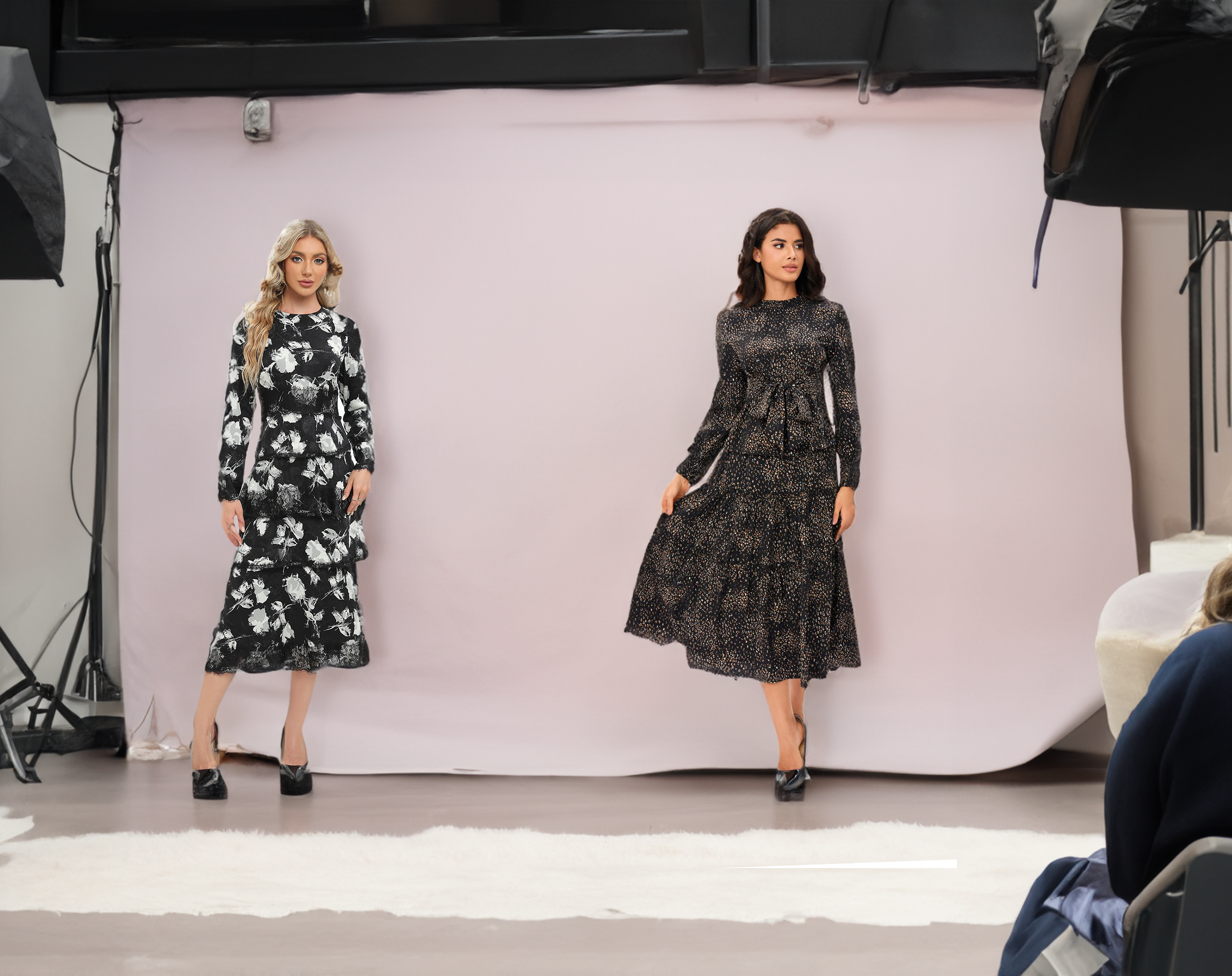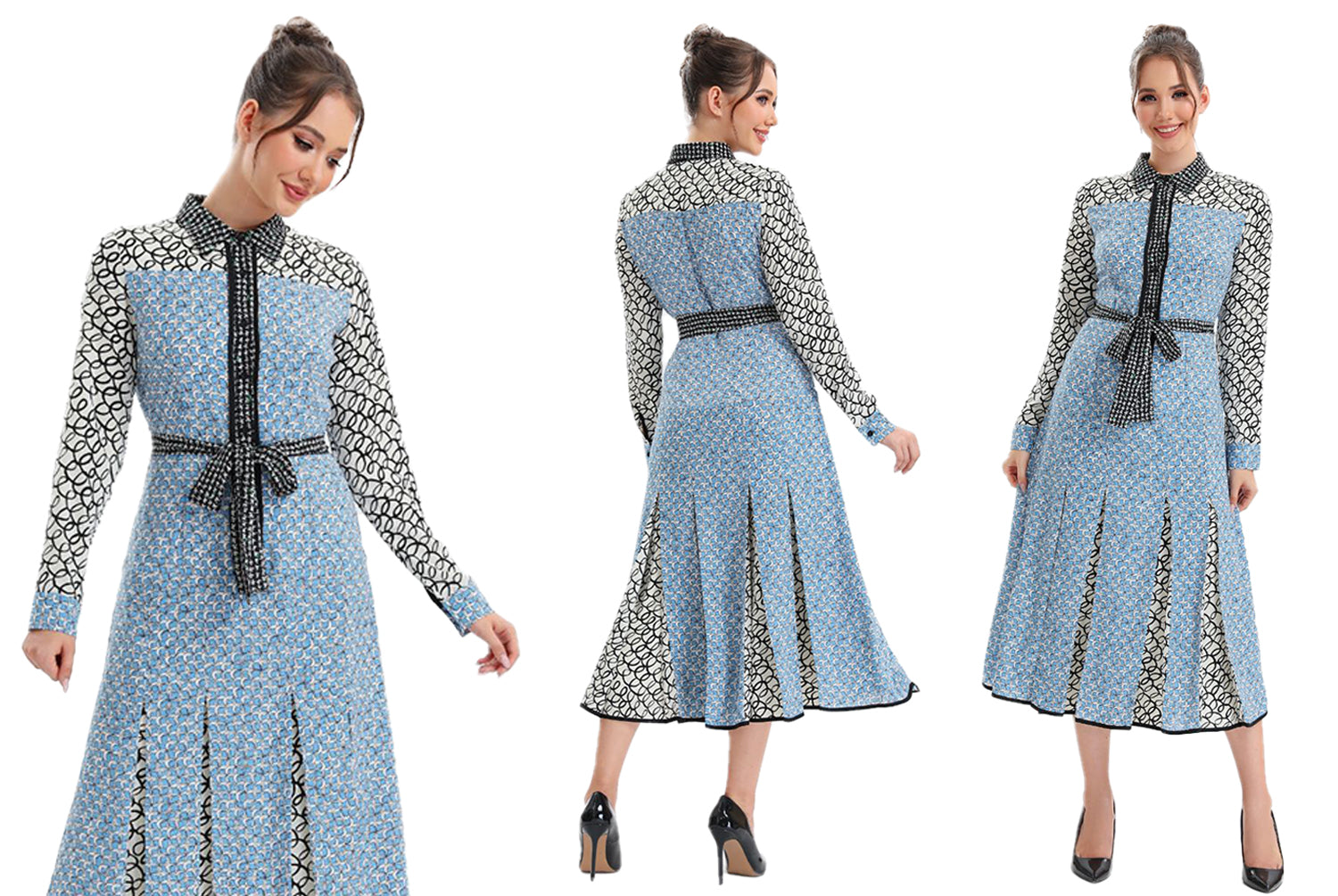
Understanding Tznius: The 11 Most Frequently Asked Questions Explained
Are you interested in understanding more about Tznius? You are not alone. Tznius, often known as Jewish modesty laws, is a topic of substantial interest, attracting various queries from individuals seeking to gain insights. In this article, we address the 11 most frequently asked questions about Tznius.
- What is Tznius?
Tznius, also spelled as Tzniut or Tzeniut, originates from Hebrew, meaning modesty or humility. It's a significant aspect of Jewish law, primarily influencing the dress code and behavior of Jewish men and women, aiming to uphold the sanctity and respect for the human body and soul.
- Why is Tznius important?
Tznius isn't just a set of rules, but it embodies a philosophy. Its purpose extends beyond physical modesty, as it seeks to promote inner humility, dignified behavior, and a respect for privacy. It helps individuals focus on their inner virtues, ensuring that they are not judged solely by physical appearance.
- How does Tznius affect the dress code?
The Tznius dress code is most apparent among Orthodox Jewish communities. Women typically wear skirts or dresses that cover the knees, and tops that cover the collarbone and elbows. Men generally wear long trousers and shirts, often covering their heads with a Kippah. However, the specifics can vary depending on the community.
- Is Tznius only applicable to women?
While it's commonly perceived that Tznius only applies to women, it equally pertains to men. Men are also required to dress modestly and behave with dignity. The guidelines for men may differ from those for women, but the underlying principle of promoting modesty and humility remains the same.
- What is the concept of "Shmiras Einayim" in Tznius?
"Shmiras Einayim" or guarding one's eyes is a concept in Tznius that emphasizes controlling what one looks at to maintain purity of thought. It primarily applies to men, encouraging them to avoid looking at immodest images or situations.
- Is Tznius applicable only in public?
The principles of Tznius extend beyond public spaces. It's a lifestyle and mindset, meant to influence how individuals behave in private as well as in public. It underscores the importance of modesty and humility in all aspects of life, including speech and thought.
- How does Tznius influence social interactions?
Tznius advocates for appropriate, respectful interactions between individuals. It guides interactions between men and women, helping to create an environment where everyone is respected for their character and virtues, rather than their physical appearance.
- How is Tznius different from other modesty laws?
Tznius is unique as it doesn't just address dress codes but delves into personality traits, speech, and behavior. It’s an encompassing philosophy of life, offering a pathway to personal dignity, humility, and respect for others.
- Is Tznius universally accepted among all Jewish communities?
Different Jewish communities may interpret and practice Tznius differently. While Orthodox communities tend to be more stringent, more liberal Jewish movements may adopt a less rigorous interpretation, focusing more on the spirit rather than the letter of the law.
- How does contemporary society influence Tznius?
Contemporary society presents new challenges and interpretations for Tznius. With changing fashion trends and societal norms, maintaining Tznius requires adaptability and a strong commitment to its principles. Many Jews find ways to merge modern trends with Tznius rules to express their personal style while upholding their religious beliefs.
- How can one adopt the principles of Tznius?
Adopting Tznius begins with an understanding of its principles and their significance. Respect for oneself and others, modesty in behavior and attire, and inner humility are key elements. Personal interpretation plays a role, and consultation with a knowledgeable source, like a Rabbi, can be beneficial.
In conclusion, Tznius is more than just rules about dress and behavior. It's a holistic approach to living a dignified life filled with humility and respect for oneself and others. While it has many facets and may seem complex, understanding its principles can help individuals appreciate its importance and applicability in everyday life.



Leave a comment
This site is protected by hCaptcha and the hCaptcha Privacy Policy and Terms of Service apply.